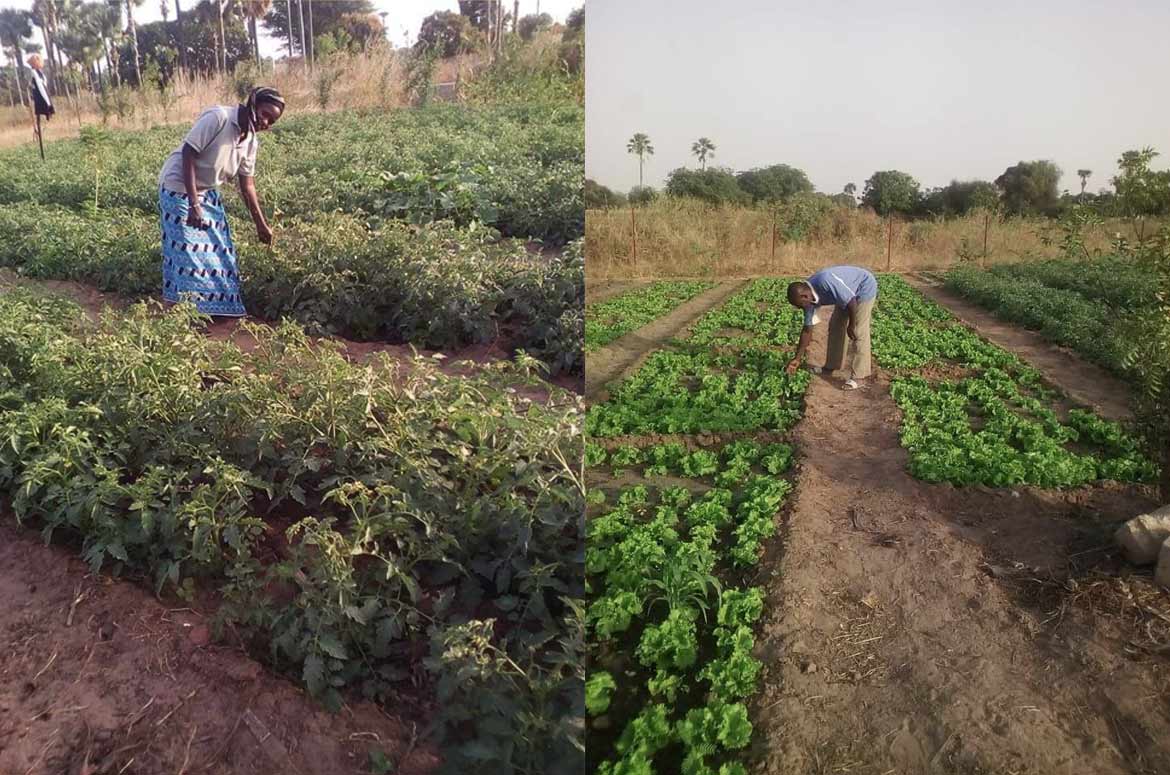The Ivory Foundation supports “Agroecology & Solidarity”, one of the winners of the 2019 call for projects, in a project aimed at promoting the agroforestry fields and farmers’ practices in order to improve their autonomy and their quality of life while reversing the phenomena of desertification.
Rising global temperatures, climatic disruptions, population growth, the gradual depletion of water resources and deforestation are heavily impacting on the living conditions of the Senegalese people. In addition, the rapid conversion of a subsistence farming model to cash farming has led Senegalese farmers to borrow agricultural techniques (massive use of chemical fertilizers, removal of fallows, overgrazing, excessive pruning of natural trees to feed the livestock) which only accelerate the destruction of natural resources.
Since independence, the Senegalese authorities have endeavored to stem the process of deforestation. However, as they were not designed to integrate and sensitize the local population, these programs have not succeeded in curbing the deforestation process and the forests continue to regress at a rate of 20,000 hectares per year. In addition, the development of agro-industry has led many Senegalese peasants in a logic of dependence on seeds and treatment products.

Sahelian peasants are often deprived of this development and trapped in a logic of dependence. The involvement and participation of the rural population in development programs is therefore essential to halt and reverse the process of land degradation and deforestation.
By offering farmers another relationship with the land, by promoting knowledge and sensory perception of its fertility, agroecology allows them to get out of this situation of dependence on fertilizers, pesticides and seeds (hybrids), which can be made free and ecologically from locally available plants. In addition, the association of fertilizer trees with crops makes it possible to solve the problems of erosion and fertility, to secure the plots, to create a microclimate conducive to crops and to supply wood and fodder resources over time. Thus, this process of empowering rural Senegalese populations makes it possible to maintain decent work and living conditions in agricultural areas, strengthen food security and slow down the rural exodus.
